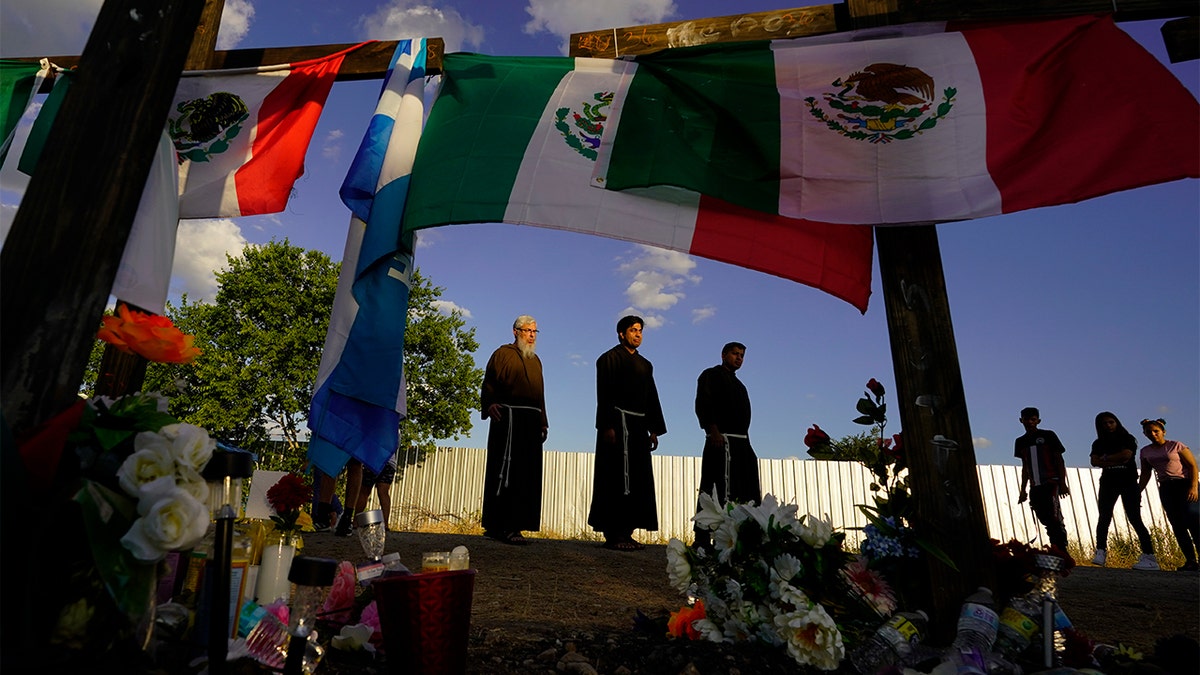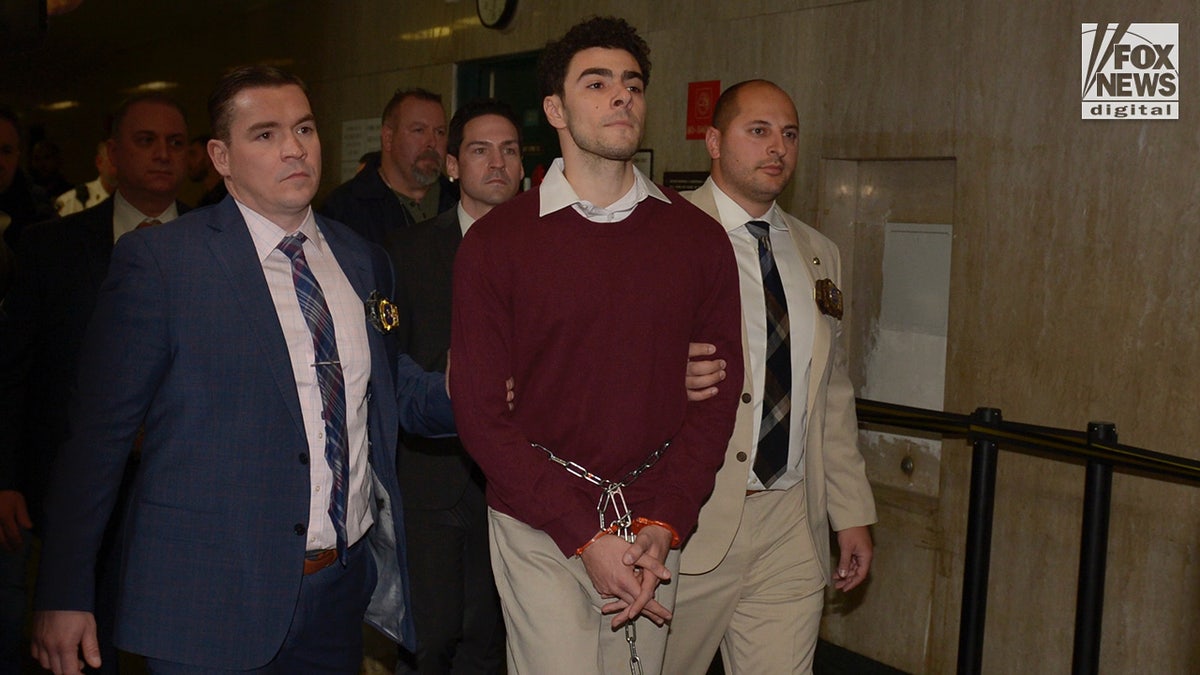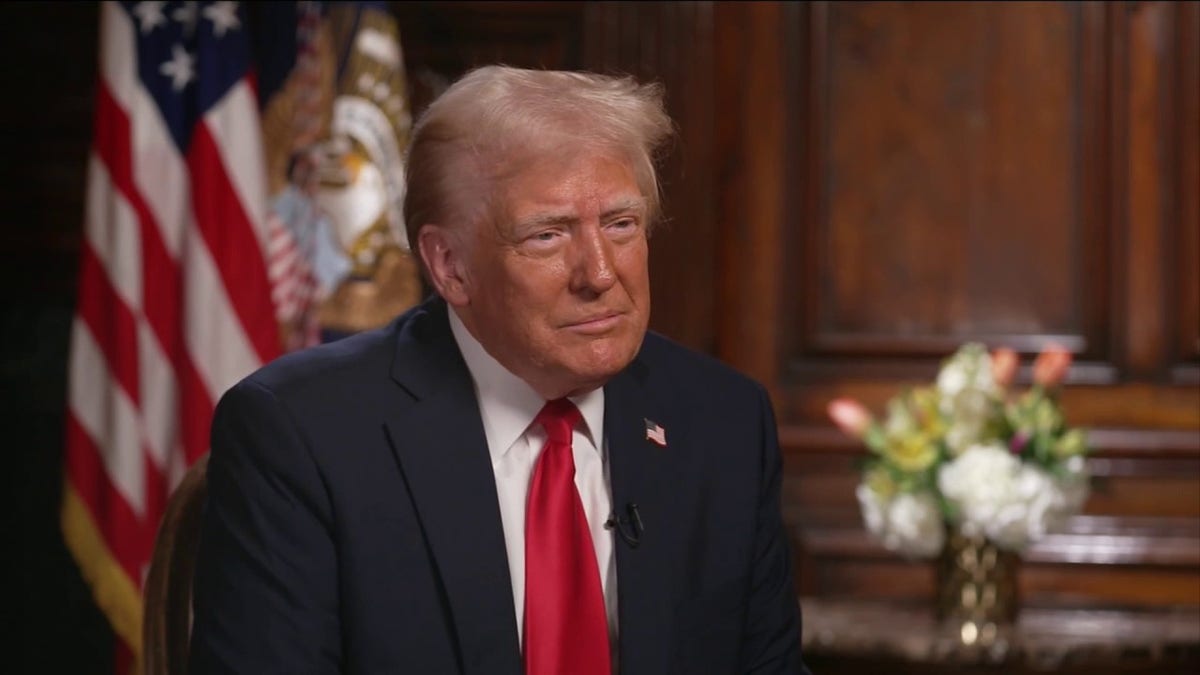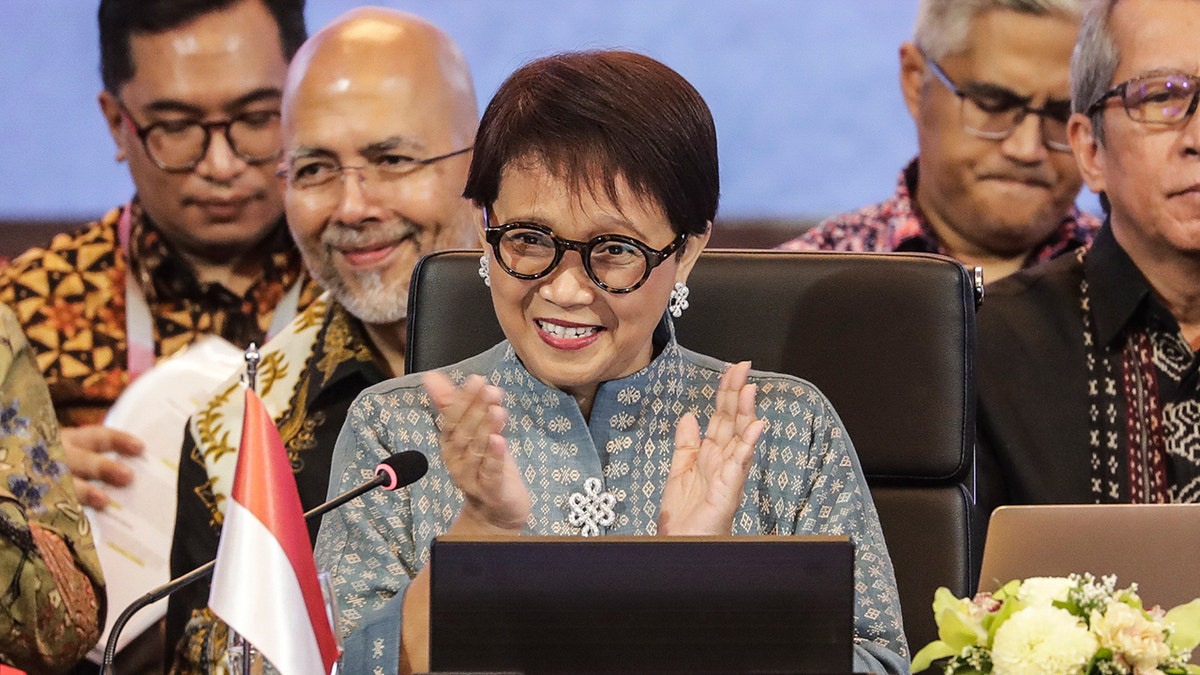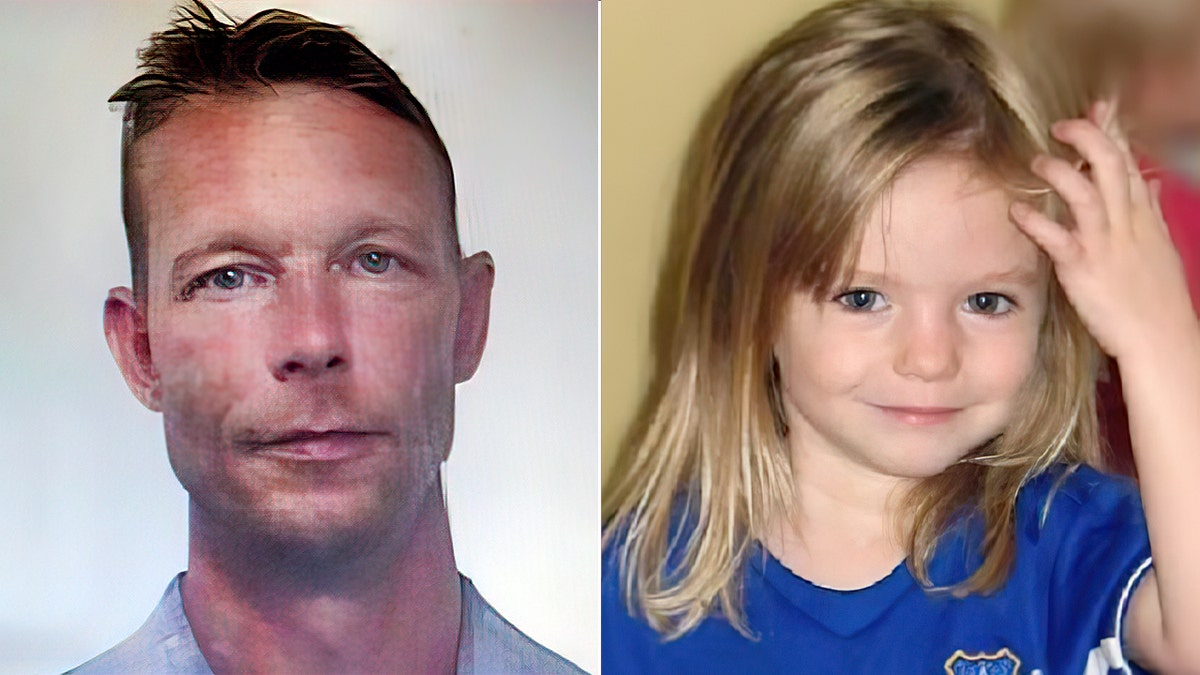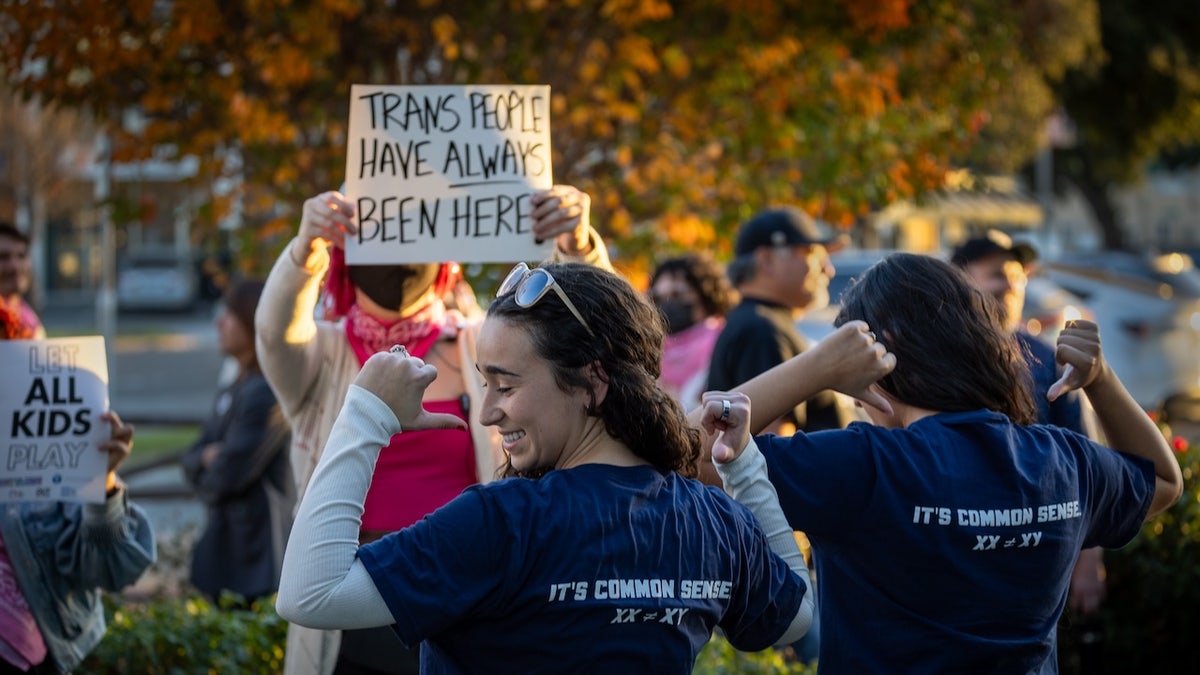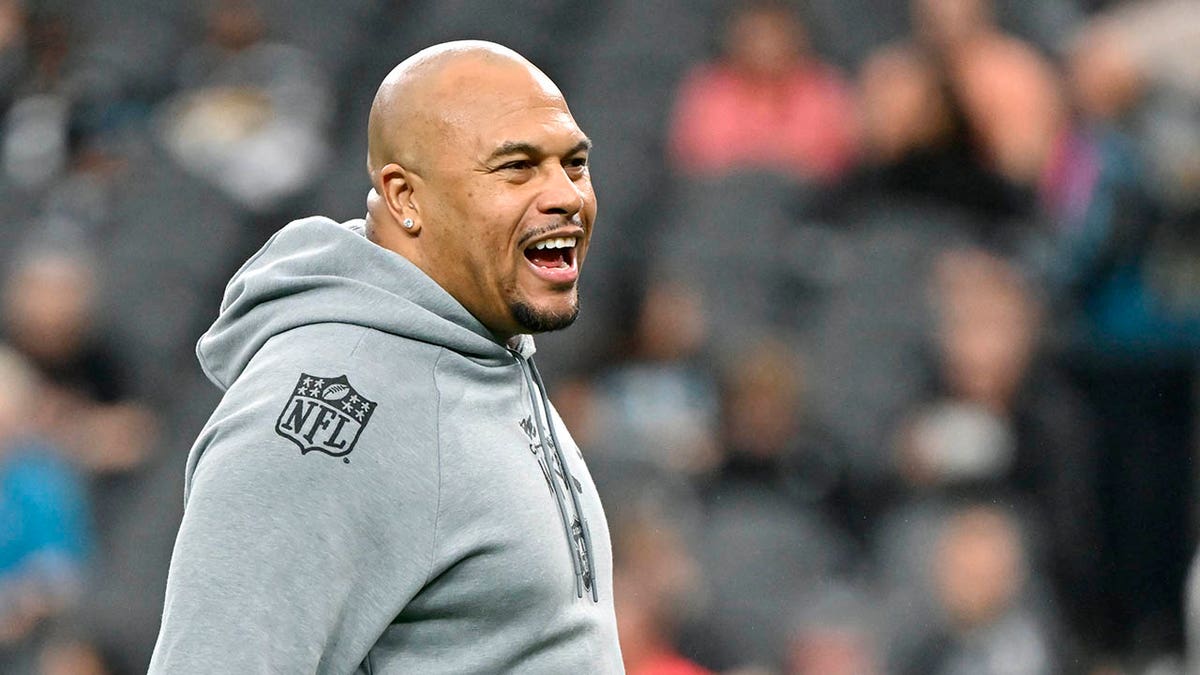Wisconsin Governor Tony Evers finalized the state's two-year budget plan on Wednesday, but not before significantly altering the Republican-proposed tax cuts and securing long-term increases in school funding. These actions have drawn criticism from Republicans who accuse Evers of reneging on negotiated agreements.
Evers employed his partial veto authority to reduce the Republican income tax cut package from $3.5 billion to $175 million, eliminating planned reductions for the top two income brackets. He also extended the duration of a per-student funding increase for K-12 schools by manipulating the language of the bill, effectively setting the expiration date to 2425 instead of 2025. This move aims to provide schools with "predictable long-term spending authority," according to Evers.
While celebrating the budget as containing "lots of wins," Evers acknowledged the strategic use of his veto powers. This back-and-forth between the governor and the Republican-controlled legislature is a long-standing tradition in Wisconsin politics, with governors frequently using partial vetoes to reshape budget proposals. Former Governor Tommy Thompson holds the record with 457 partial vetoes in 1991, while Evers exercised 51 this year.
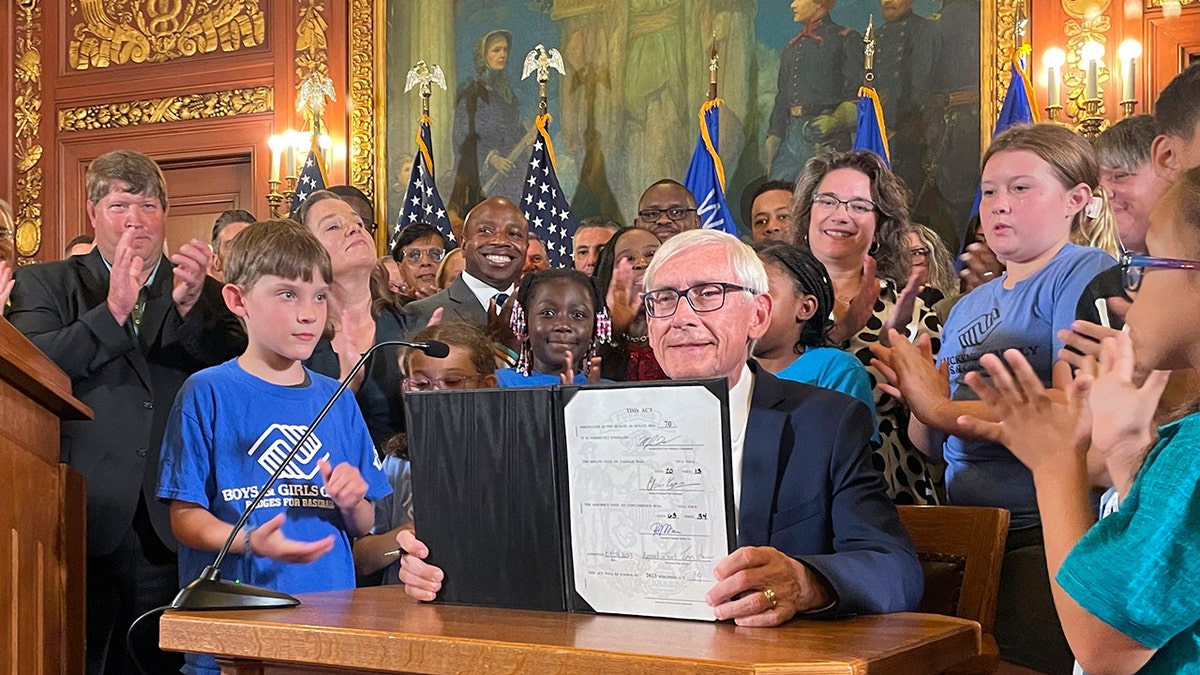
The image above depicts Governor Evers with the signed budget on July 5, 2023.
Over time, restrictions have been placed on the governor's veto power. The "Vanna White" veto, which allowed changing words by striking individual letters, was banned in 2000. Eight years later, the "Frankenstein veto," combining parts of different sentences to create new meaning, was also outlawed. In 2020, the Wisconsin Supreme Court overturned three of Evers' partial vetoes, but failed to establish clear guidelines for future vetoes. The court's ideological balance is expected to shift to a liberal majority in August.
Republican Assembly Speaker Robin Vos criticized Evers' actions, predicting "massive property tax increases" due to the extended school funding increase and arguing that the reduced tax cuts would put Wisconsin at an economic disadvantage compared to neighboring states. Vos expressed disappointment that Evers had reinstated parts of his "liberal tax and spending agenda" despite Republican efforts. He did not indicate whether Republicans would attempt to override the vetoes, a move unlikely to succeed without Democratic support.
The original Republican tax cut proposal would have used almost half of the state's projected $7 billion surplus. Evers' changes maintain four tax brackets, with the remaining $175 million in cuts benefiting lower-income households. He also protected 188 diversity, equity, and inclusion (DEI) positions at the University of Wisconsin, which were targeted for elimination by Republicans.
Despite calls from some advocacy groups to veto the entire budget, Evers argued that doing so would have negatively impacted schools, environmental protection efforts, affordable housing initiatives, and state employee pay raises. The budget includes a 6% pay raise for state employees over two years, with larger increases for prison guards.

